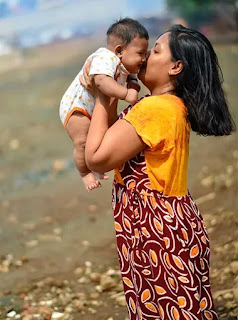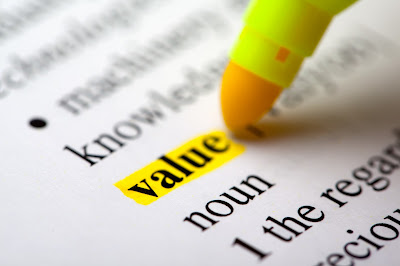Wellness Narrative
One aspect why I am a big fan of #negaramaju education system is its adeptness in effectively managing the academic enviroment in a dynamic manner. In 2022, the University of Texas introduced a course titled "The Taylor Swift Songbook." The objective of this course is to conduct an analysis of the songs produced by the artist under study as a form of literary expression. Additionally, the course intends to explore how this renowned and accomplished writer employs various literary techniques, figures of speech, and tropes commonly found in conventional poetry within her artistic creations. Separately, New York University provided a course focused on the singer, which was instructed by Britanny Spanos, a contributor to Rolling Stone magazine.
At the University of Washington, I found this unique, dynamic, course called "Wellness Narrative". The class' name has piqued my interest ever since. It was the reason why I chose it as one of my choices this quarter. An additional factor to consider is the fact that I still question the conceptualization of wellness itself and its practical integration into my everyday routine.
The wellness topic has gained prominence in contemporary discourse, specifically with the onset of the global pandemic in 2019. According to the Centers for Disease Control and Prevention (CDC), wellness is defined as the active pursuit of activities, choices, and lifestyles that lead to a state of holistic health. In addition, compared to healthcare, the main approach to wellness lies in salutogenics.
The CDC claims that a variety of physical, mental, spiritual, emotional, social, and environmental factors all interact with one another and have an impact on wellness. As an individual who comes from a developing nation, to achieve one aspect of health, such as physical health, it takes a lot of effort and energy. When discussing holistic health within the context of wellness, it embarks on a long and complex path.
From my standpoint, in brief, wellness entails the absence of concern about the future. We know that our current level of security is sufficient for tomorrow. We know that our physical condition is good enough to proceed with our plans for tomorrow. We know that we are worthy enough to be who we are tomorrow. The endeavor is not straightforward. Not to mention that it involves a combination of various elements, including lifestyles, market offerings, environmental concerns, and possibly public policy as well.
Regarding wellness itself, I am still questioning the contextual dimension of this concept. How could the context be applicable universally? Talking about wellness should go beyond the workers in a bona fide office or a group of entertainers in a big city. However, it is crucial to note that this holds significant relevance for ‘the ordinary-everyday-people’, such as students, pastors, bus drivers, farmers, or parents worldwide. I will consistently engage in questions and seek answers, with a specific focus on the practical application within the context of growing nations as well as its relevance to everyday existence.




Komentar
Posting Komentar